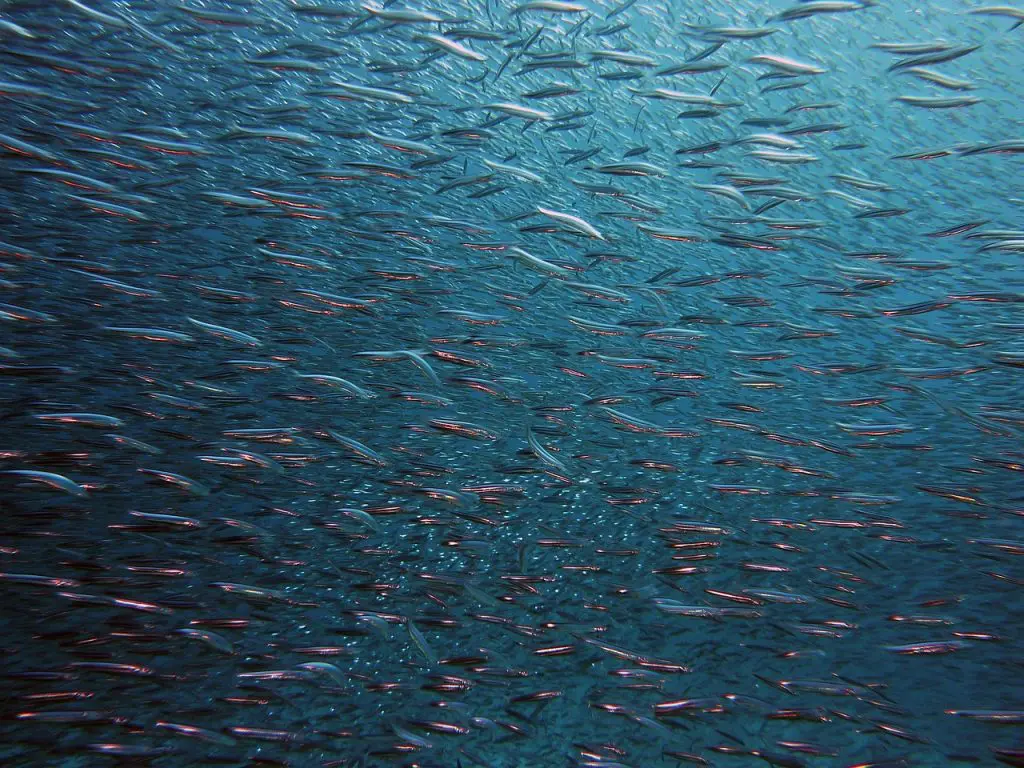
NIEA Responds to Major Incident Affecting Fish in County Antrim River A significant fish kill has been reported in the Six Mile Water River in Ballyclare, County Antrim, prompting an active investigation by the Northern Ireland Environment Agency (NIEA). According to the Department of Agriculture, Environment and Rural Affairs (DAERA), the NIEA received a report […]
A significant fish kill has been reported in the Six Mile Water River in Ballyclare, County Antrim, prompting an active investigation by the Northern Ireland Environment Agency (NIEA).
According to the Department of Agriculture, Environment and Rural Affairs (DAERA), the NIEA received a report of water pollution and dead fish in the river at approximately 12:15pm on Monday, October 6, 2025. An inspector was immediately deployed to the scene to verify the report and assess the environmental impact. The cause of the incident is currently unknown, and investigations remain ongoing.
It is not thought that this incident is connected with another ecological disaster in Cork in August.
Volunteers from the Six Mile Water Trust (SMWT), a local environmental group, were among the first to observe the damage. Jim Gregg from the SMWT described the scene as “devastating,” estimating that well over 100 very large trout have been found dead, along with smaller fish, some of which may have been juvenile salmon and trout preparing to spawn.
“This time of year is when the salmon and trout come to find spawning grounds and we’re seeing some small dead fish, so it could have quite an effect on the populations,” Gregg told the BBC. “To have this happen is just absolutely devastating, and it’s not the first time that it’s happened.”
The dead fish have been spotted for at least two miles along the river, and Gregg noted that the fast-moving water caused by recent heavy rain from Storm Amy may have helped disperse the pollution downstream, potentially limiting even greater damage.
The Six Mile Water River, which flows into Lough Neagh, has experienced multiple fish kills in recent years. In June 2024, more than 1,000 brown trout were killed following a pollution event in the Four Mile Burn, one of its tributaries.
These repeated incidents raise concerns about pollution control and the long-term ecological health of the river system. Despite efforts to monitor and protect the waterway, the cause of these fish kills often remains unclear for years.
A spokesperson for DAERA confirmed the current status of the investigation on Monday, 6th October, 2025, at approximately 12.15pm, and that the Northern Ireland Environment Agency (NIEA):
“Received a report of water pollution, indicating the presence of a number of dead fish, in the Six Mile Water River at Ballyclare, Co Antrim. The NIEA has deployed an inspector to the location to confirm the report and to assess the environmental impact. The incident remains under investigation.”
Environmental assessments will include water and fish sampling, but experts warn that determining the precise cause could take time, and in some cases may never be fully confirmed.
The incident has prompted renewed calls for better protection of Northern Ireland’s freshwater ecosystems. The loss of fish, particularly large, breeding-age trout and salmon, could have lasting consequences for the biodiversity and recreational value of the river.
Local conservationists and angling groups stress the need for stronger pollution controls, quicker response protocols, and ongoing public awareness to prevent further environmental damage.
Here are measures and strategies that could make a real difference:
Reduce Nutrient Runoff
Implement and enforce measures under the Nutrients Action Programme to limit phosphorus‑heavy fertiliser use, improve handling of manure, and manage agricultural lands in ways that reduce runoff. Buffer strips along rivers help trap nutrients before they reach waterways.
Improve Wastewater and Septic Systems
Upgrade sewage treatment plants where needed, ensure septic systems are functioning properly, and eliminate illegal discharges.
Strengthen Monitoring & Rapid Response
More frequent water quality monitoring, better early warning for algal blooms, and faster deployment of inspectors when pollution is reported.
Enhance Habitat Protection & Restoration
Protect spawning grounds for trout and salmon, restore riparian vegetation, reduce siltation and sediment runoff, and ensure connectivity of river systems.
Policy & Governance Improvements
Transparent, science‑based regulation; better coordination across agencies; ensuring the 37‑point plan is fully implemented; involving local farmers, environmental groups, and communities in decision making.
Public Awareness & Community Engagement
Educate landowners, anglers, residents about impacts of pollution and algae; encourage community monitoring and clean‑ups; support citizen science.
These efforts together can help shift from reactive responses (e.g. investigating fish kills) to proactive ecosystem protection, improving water quality and safeguarding fish populations in rivers like the Six Mile Water and in Lough Neagh.
The significant fish kill in the Six Mile Water River is a sobering reminder of the fragility of our freshwater ecosystems and the urgent need for effective environmental protection. As the NIEA continues its investigation, communities, conservation groups, and government agencies must work together to ensure accountability and prevent future incidents.
With multiple fish kills already recorded in recent years, this latest event underscores the importance of safeguarding our rivers, not only for the species that inhabit them, but also for the local communities, anglers, and industries that depend on healthy waterways. Long-term solutions, strengthened oversight, and continued public vigilance will be essential in preserving these vital natural resources.
At All-Ireland Sustainability, we’re committed to building a greener, fairer island, together. Stay informed on the latest environmental initiatives, community action, and policy developments shaping sustainability across Ireland, North and South.
👉 Sign up for our newsletter today and be the first to hear about upcoming events, expert insights, and ways to get involved.
Whether you’re a seasoned advocate or just starting your journey, new members are always welcome.
Subscribe now and be part of the All-Ireland Sustainability Membership.